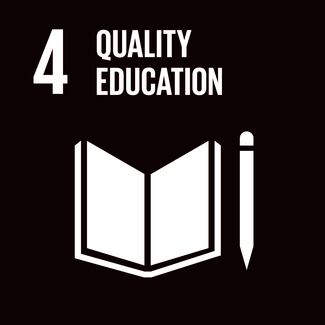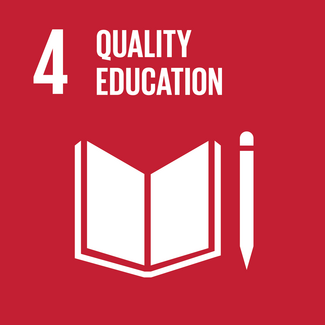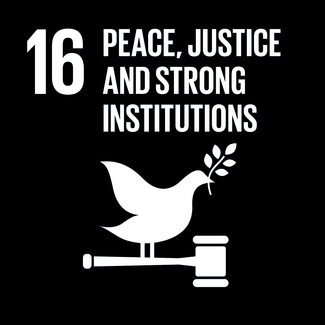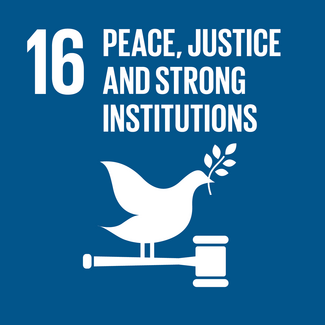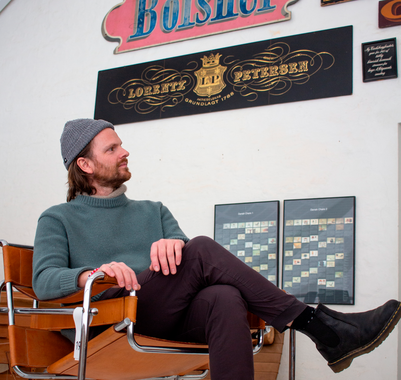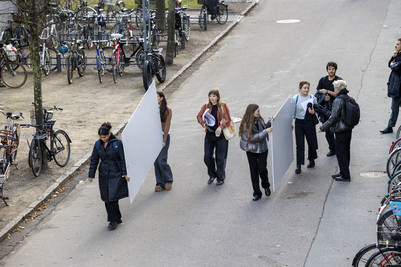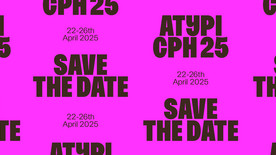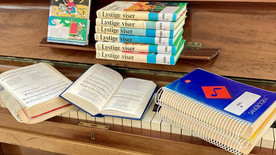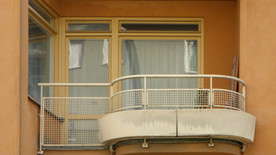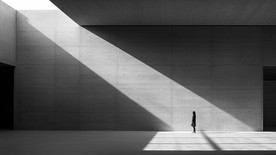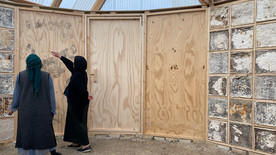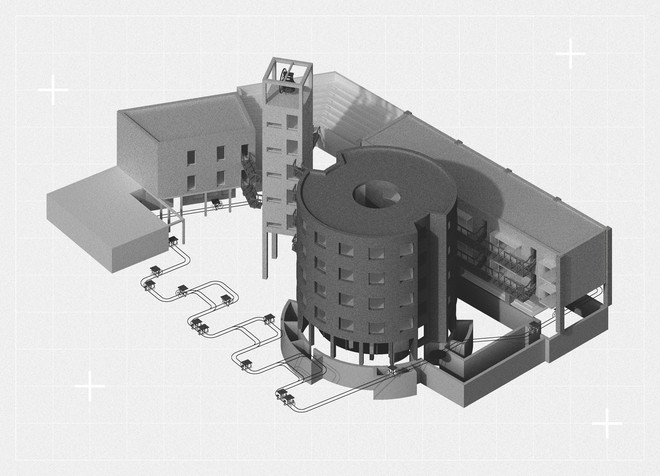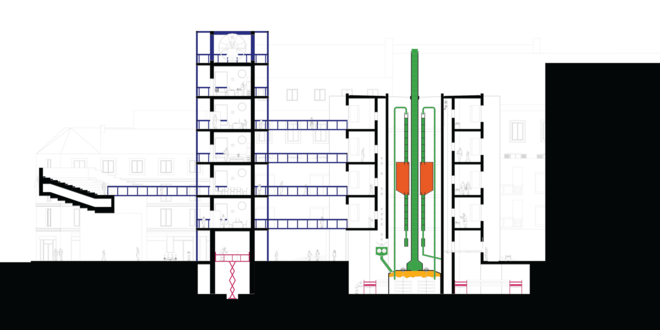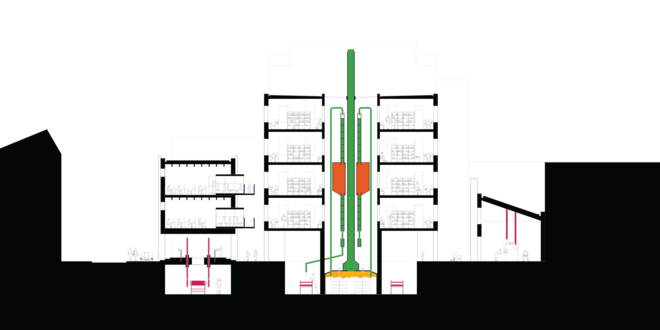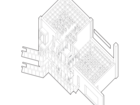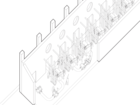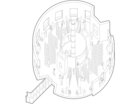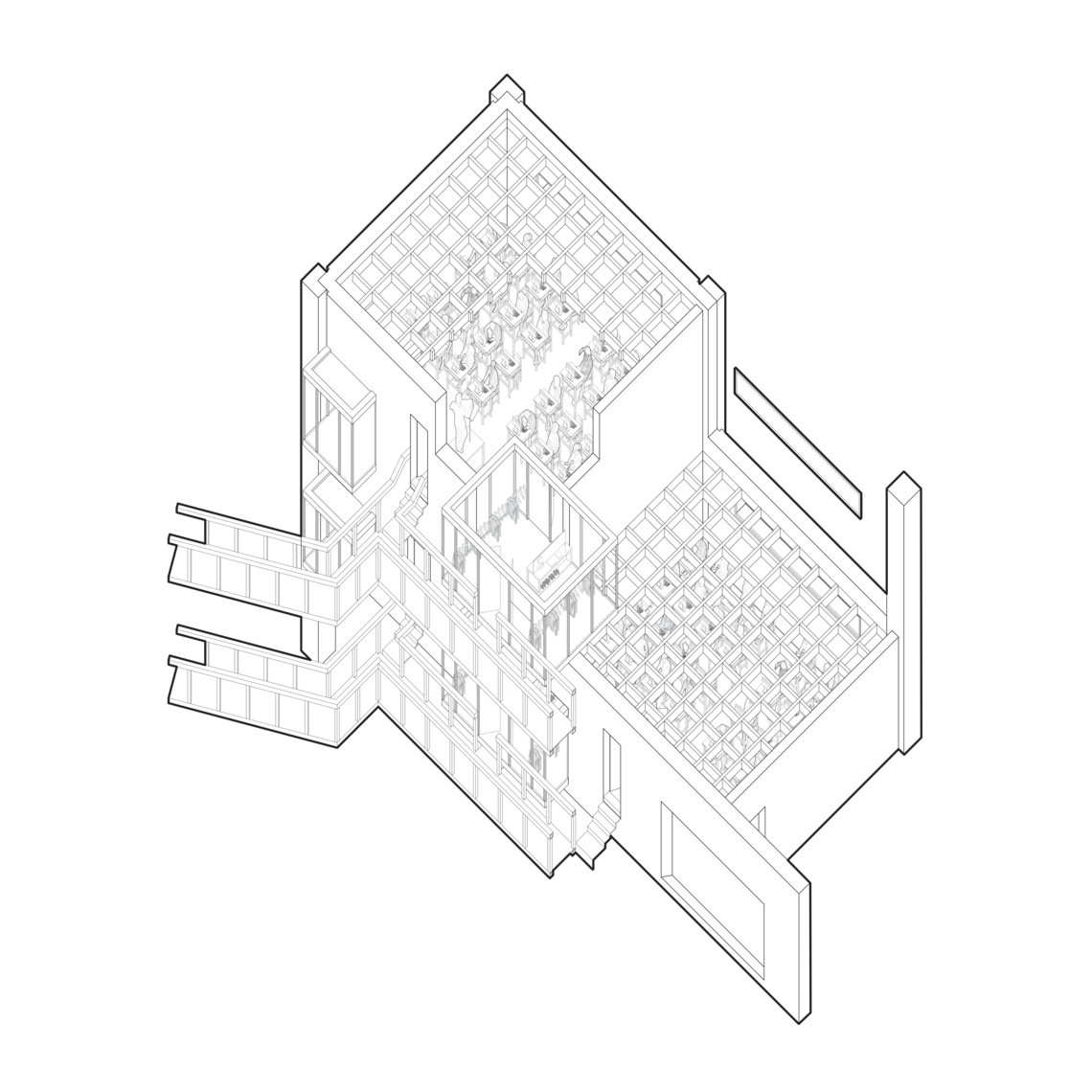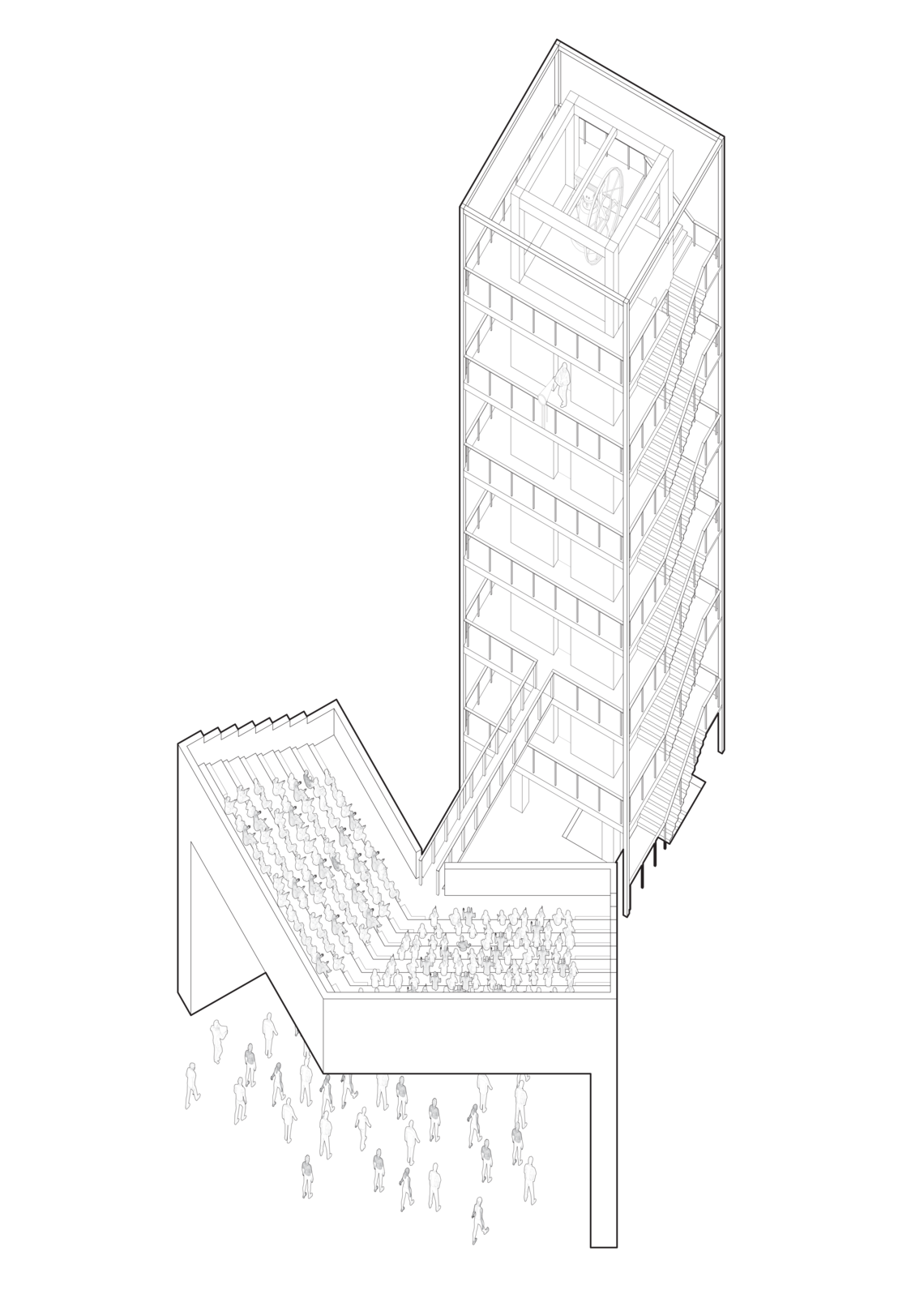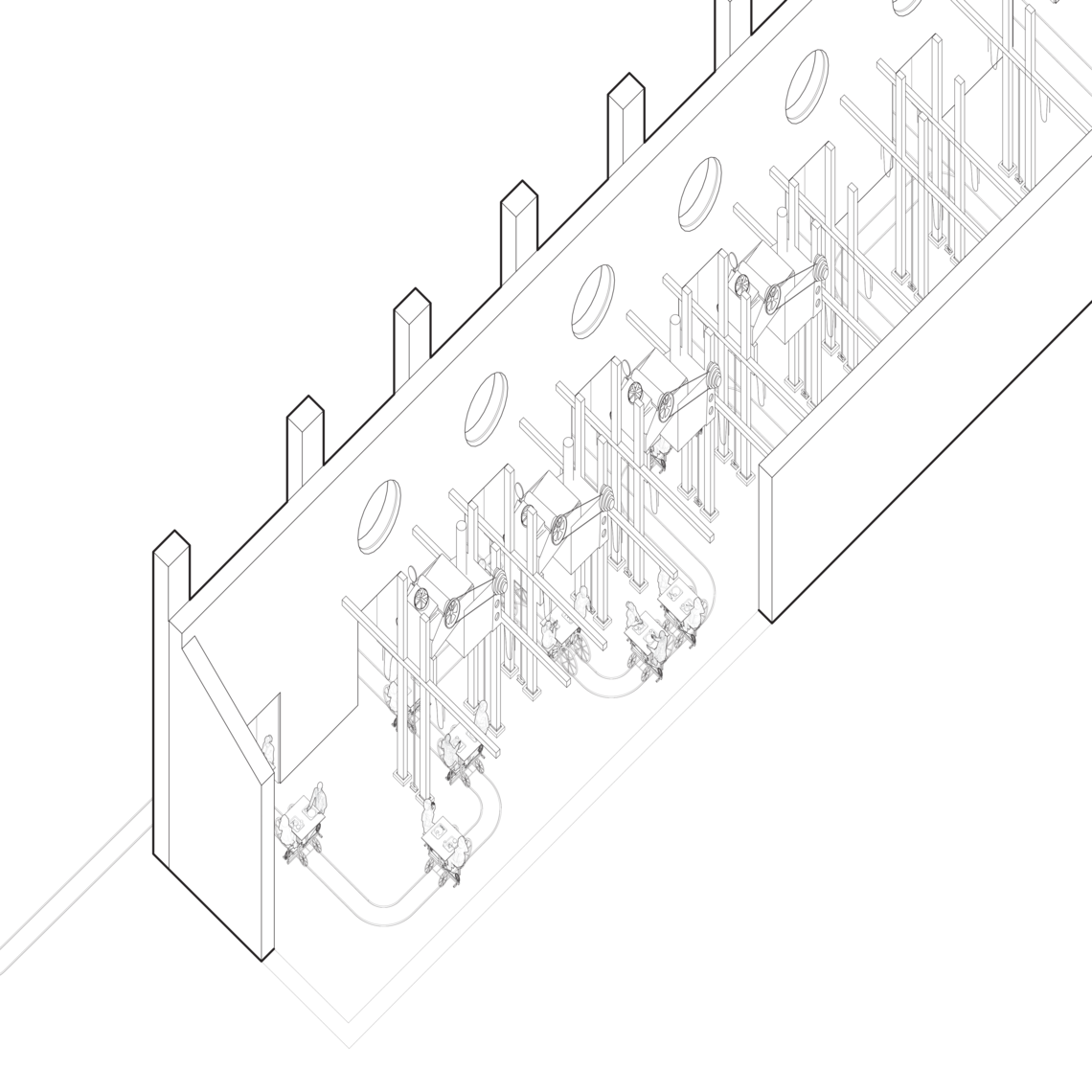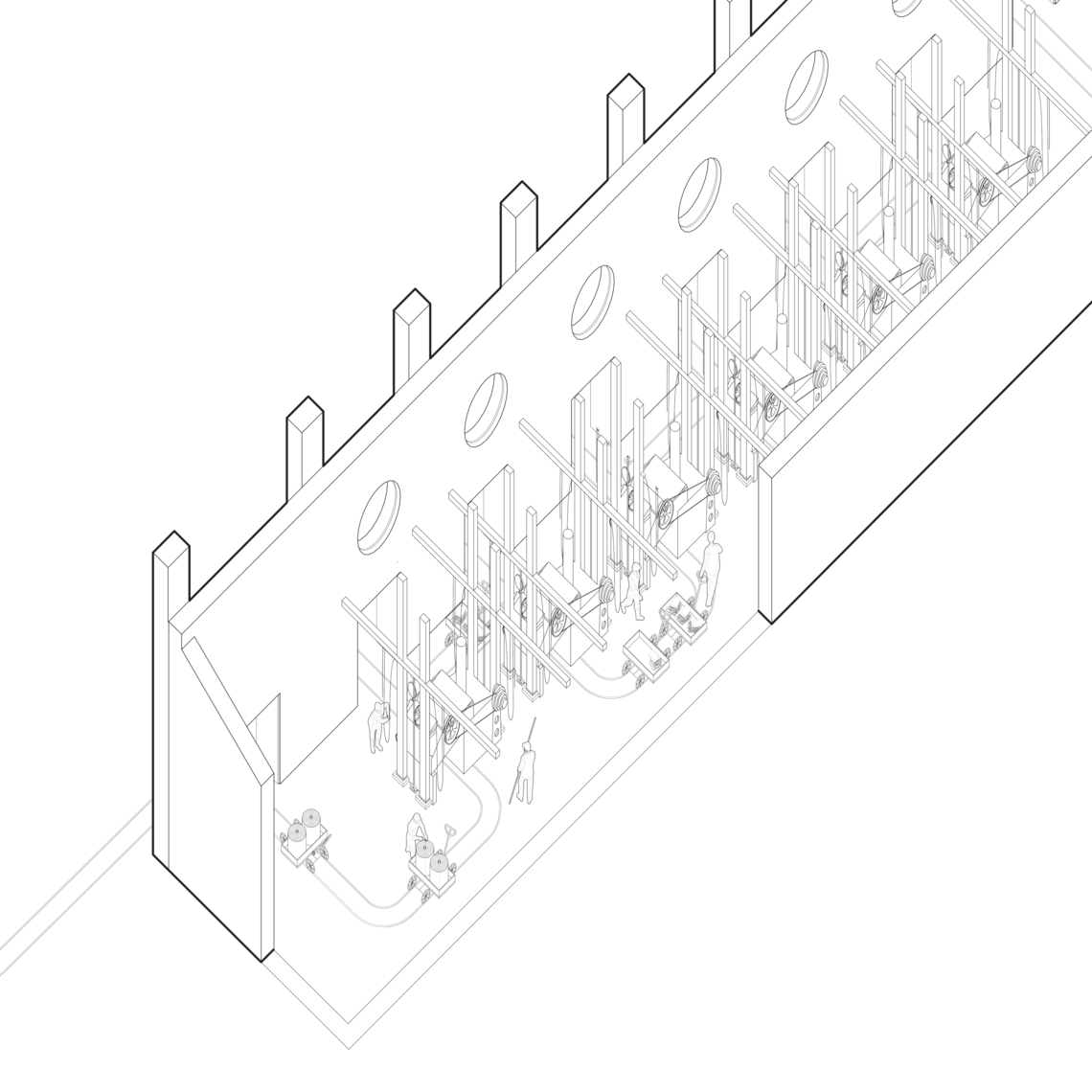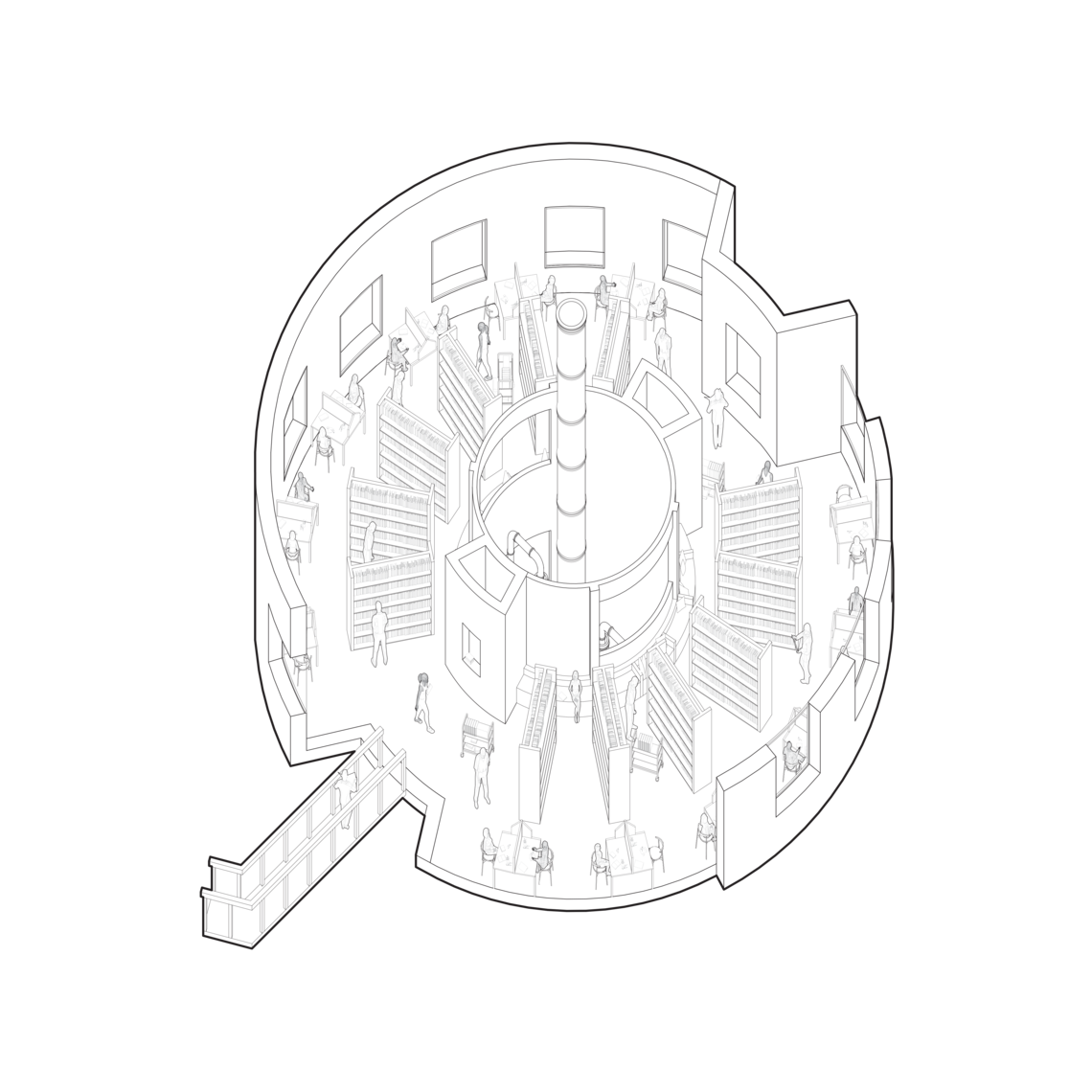
Ecole de la République
This project is an investigation into how schools are integral social institutions to the French Republic and its values. Using satire and monsteration, the proposed project combines French school design with book printing and paper recycling. The project aims to engage in critical thinking as well as playfully interpret and reveal how architecture helps transmit certain hidden values and behaviours. The architecture’s ability to engage in discourses of playfulness, satire and realism helps the project question current French pedagogy and open up a new creative territory. This project aims to uses satire to expose and engage in a discourse with current French school designs. The design is not a solution but rather uses architecture as an effective device for splitting opinions. The thesis topic was chosen to challenge issues that pervade modern French culture bearing both political and social implications and trigger new creative opportunities.
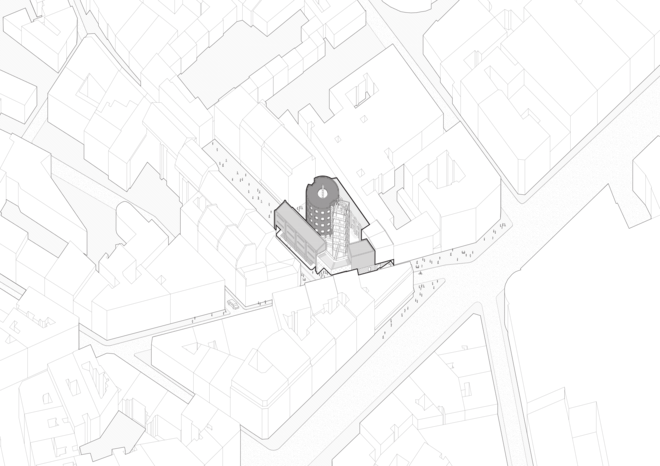
The proposal’s intentions work within a specific environment defined by the French Republic’s values and principles, its educational pedagogy and the way in which the latter is centred around transmitting these. The French Republic is defined by four core principles: it is secular, democratic, social and indivisible. These four beliefs inform the Republic’s three central values, which have become the country’s motto: freedom, equality and fraternity. An absolute equality for all is seen as the only way to guarantee the integration of all citizens, which in turn benefits both the individual and the state. All citizens have the freedom of opinion, expression and religion, they are all equal before the law and have the right to benefit from France’s welfare state. Finally, solidarity between all citizens, regardless of their background, is a value which aims to link the nation together. Rather than thinking of France as a number of single beings, fraternity favours community over individuality and pertains to a moral obligation rather than a right.
Since 1905, France’s population has grown and diversified in an unprecedented way. Over the past thirty years, people from across Europe and its colonies migrated to France, bringing with them their own cultures. Over time, this societal change has challenged the idea and embodiment of French values. There is a long undisputed and unspoken racial underpinning of European culture, secularity and Christianity in both colonial and postcolonial societies. There must, however, be a form of public recognition and acceptance to certain practices, symbols and ways of being that allow members of minority groups the freedom of expression that is not simply restricted to the private sphere. As an integral part of France’s contemporary political DNA, secularism provokes a lot of incomprehension outside of the country, which is not surprising, given the current financial globalization trend that privileges individual rights over collective ones. In France, however, the government takes priority over particular communities, and a group transcending certain interests cannot exist without universalism, the founding principle of laïcité.
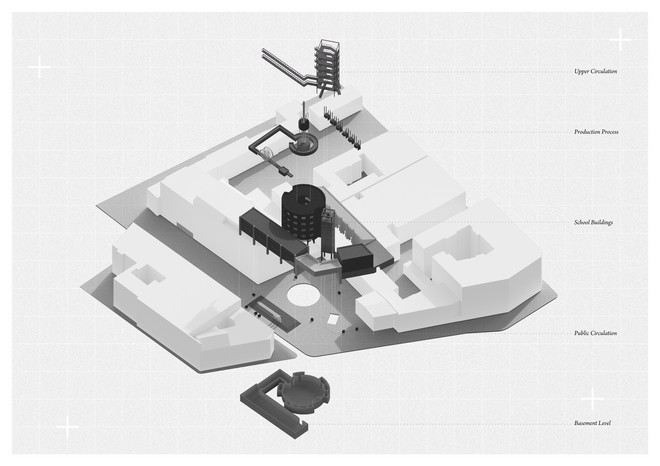
In France, schools have become vital social institutions and are responsible in forming and shaping citizens in rational thought. Ever since the Jules Ferry laws and foundation of the Third Republic in 1870, free, mandatory and secular public education has allowed the French government to guarantee that every citizen would be equipped with a rigorous, rational education which would offer protection against any irrational belief systems, believed to belong in the private sphere. For a long time, the educational structure has held the reputation of being one of the best systems in the world with a nationally set curriculum, high academic expectations and both strict and rigorous standards. French pedagogy is largely based on analytical thought, the authority of the teacher, individual competition and an absolute grading system. The French educational philosophy emphasises rote learning and confines teaching to the classrooms. Sports and creative activities are encouraged but are generally not organised by the school and fall into the hands of private associations and the community. There is a strong and undeniable hierarchy, which places the teacher at the top, making debates or challenging authorities much harder for pupils. Pressures to perform well are partnered with the humiliation and the stigma of failure which are omnipresent throughout a child’s years at school. The constant threat of having to repeat a year and the ritual of having grades read out by teachers, leaves little room for emancipation. The weight given to maths can also be seen in the evaluation system, where children, who are tested on a weekly basis, are defined by their grades, average and ranking within their class.
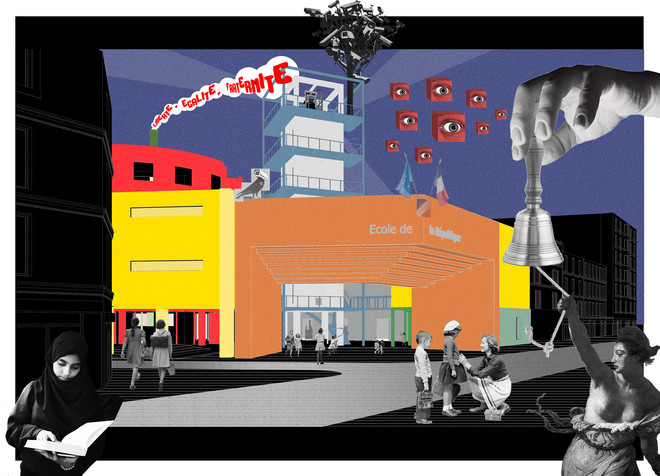
The process of monsteration, which uses architecture to accentuate, exaggerate and amplify hidden details, will help the proposal reveal the absurdities that lie in the everyday. The design will equally question how the Republic’s central values have influenced school designs and through a process of monsteration, make these visible through playful exaggerations. The proposal will interpret traditional architectural elements in a way that challenges the norms and the exaggeration of specific architectural elements to show the way in which architecture is used to form French school children. Walls, openings, stairs, corridors etc. are all a reflection societal conditions and contexts and embody specific notions of privacy and social relationships. Altering the “normality” of these objects will result in an implied questioning and critical resistance towards any accepted form of repetitive phenomena which result from the school’s mission to transmit the Republic’s values.
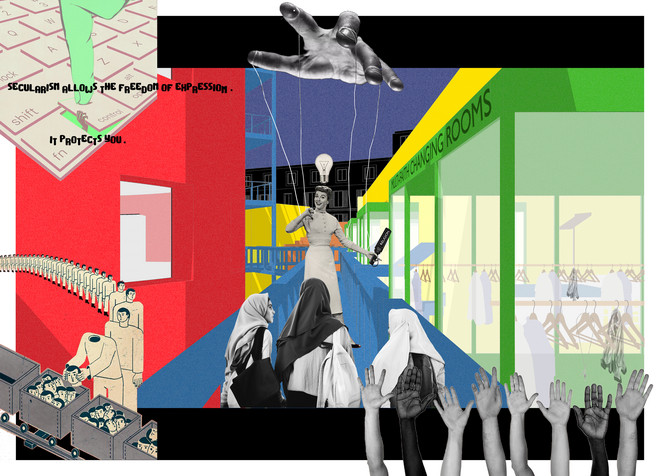
The project will be located in Paris’ 18th arrondissement, la Goutte d’Or, in the north east of Paris, right beside the Gare du Nord Station, at the junction of Rue des Poissoniers and Rue Polonceau. This corner site was home to the area’s first mosque in 1975, Mosquée El-Fath, and became famous for its Friday Prayers. Every Friday, up until recently, the roads adjacent to the El-Fath mosque were closed, car traffic was rerouted and hundreds of men lined up, organised in neat rows and prayed on the streets. Although the municipality and police allowed and oversaw the Friday Prayers, they and the vast majority of government officials across France saw it as a concern of public order and viewed it as an improper way for Muslims to be praying. In 2006, the Ville de Paris, bought the site with the intention to build an Institute for the Cultures of Islam. Today, the site remains an empty plot of land with overgrown plants and owned by the city of Paris. In intial designs, there was a strong focus on secularism. The site therefore had strong relevance, due to its history. However, As the project developed, secularism acted more as a catalyst for the introduction of other French values and a deeper look into these with regards to French schools. Placing a school in this neighbourhood seems all the more relevant as the state tries to combat “communautarisme” (a philosophy which is based upon the belief that a person's social identity and personality are largely moulded by community relationships) through a common set values and principle and common culture. The site presents a relevant context and plays an important role in directly relating to the proposed “ideology factory” which is the school. The common culture and ideas which the French state tries so very hard to transmit through schools, is directly being challenged in this real context.
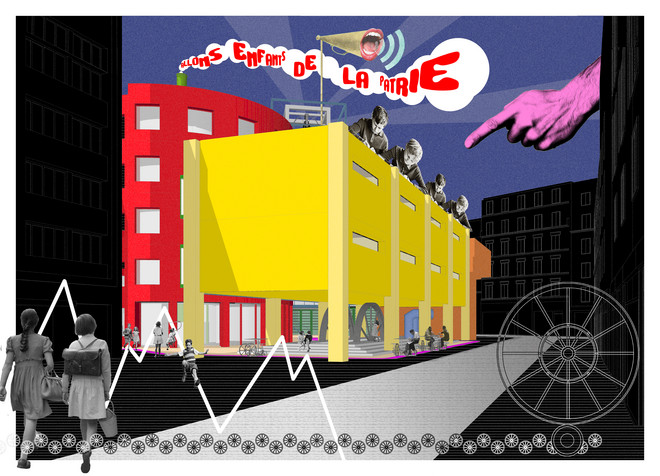
The design of the project oscillates between a satire which relies on its imagery, the doubleness of these two programmes (school and factory), which at first glance seem to be completely in conflict, but in reality after having analysed French pedagogy are not so seemingly other and, a strict technologically informed scheme that examines the use of space in French school design and an understanding of the printing and recycling processes. The spatial arrangement of the proposed architecture and its playfulness act as a portal to a reflection of the role schools have in shaping people and the importance education has in conditioning/breaking/repeating certain belief systems. Authority usually attempts to assert itself partly through a veil/veneer of respectability and seriousness: here, satire is used as a sort of weapon to disarm and undermine the current authority at play in French pedagogy. Through trying to find ways of representing the project it became apparent that I had to move away from convectional modes of representation. As the project tries to move beyond simple satire and into a more experimental zone for studying and school thinking, it has the ability to become relevant in both a realistic and playful manner as well as a satirical one.
Det Kongelige Akademi understøtter FN’s verdensmål
Siden 2017 har Det Kongelige Akademi arbejdet med FN’s verdensmål. Det afspejler sig i forskning, undervisning og afgangsprojekter. Dette projekt har forholdt sig til følgende FN-mål